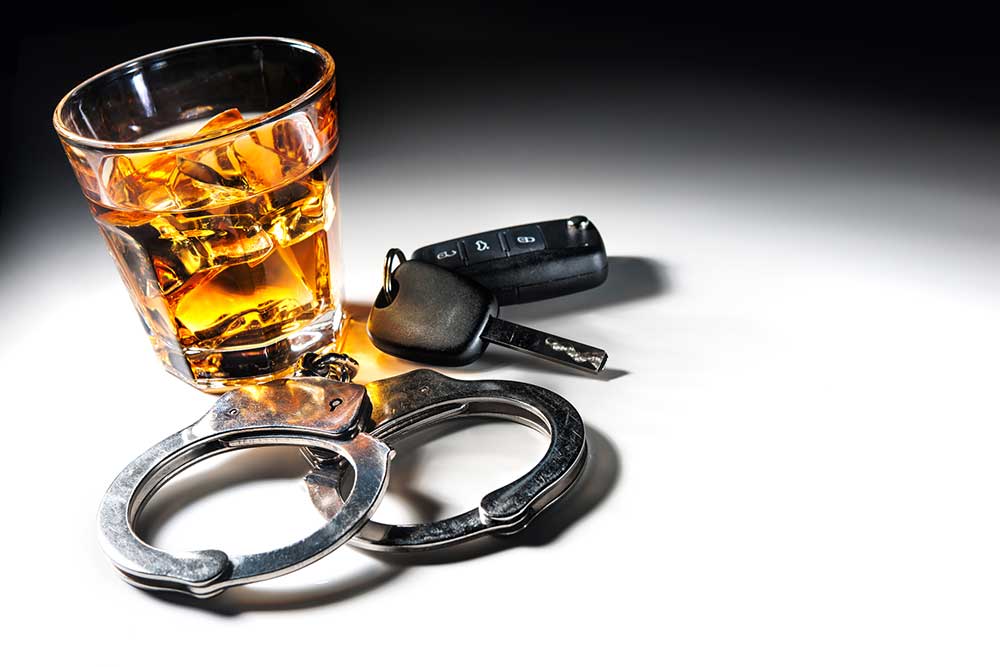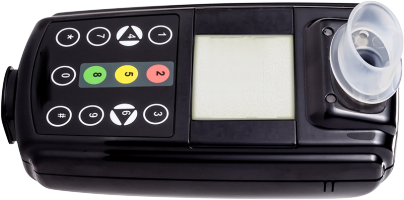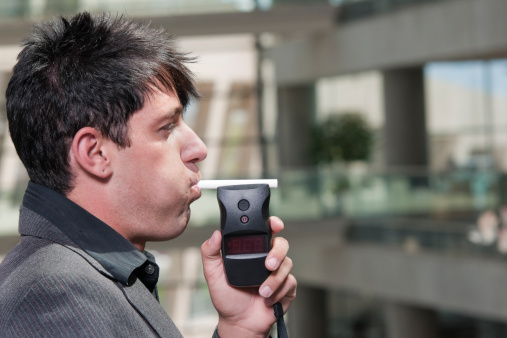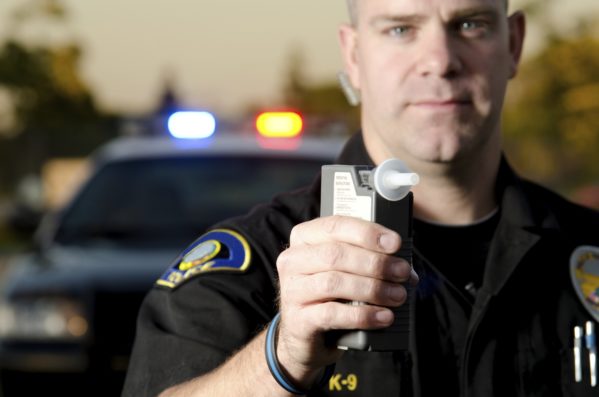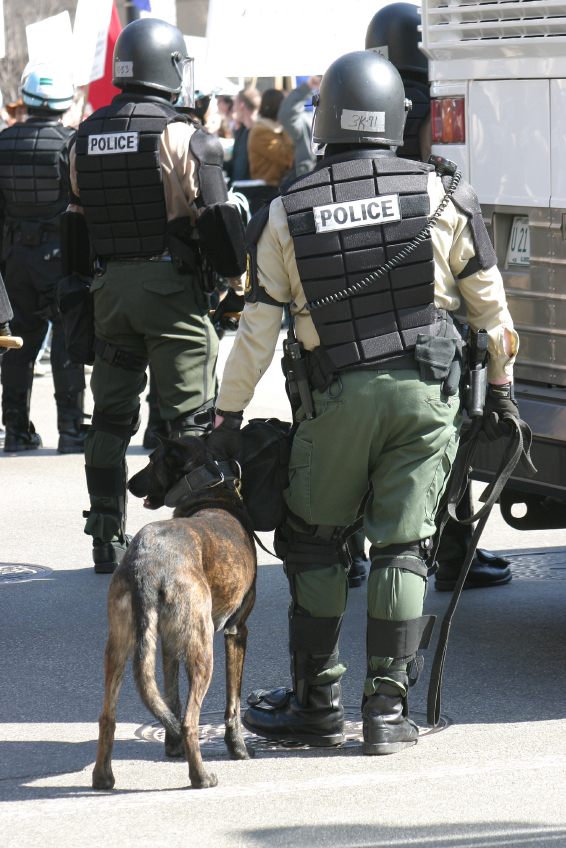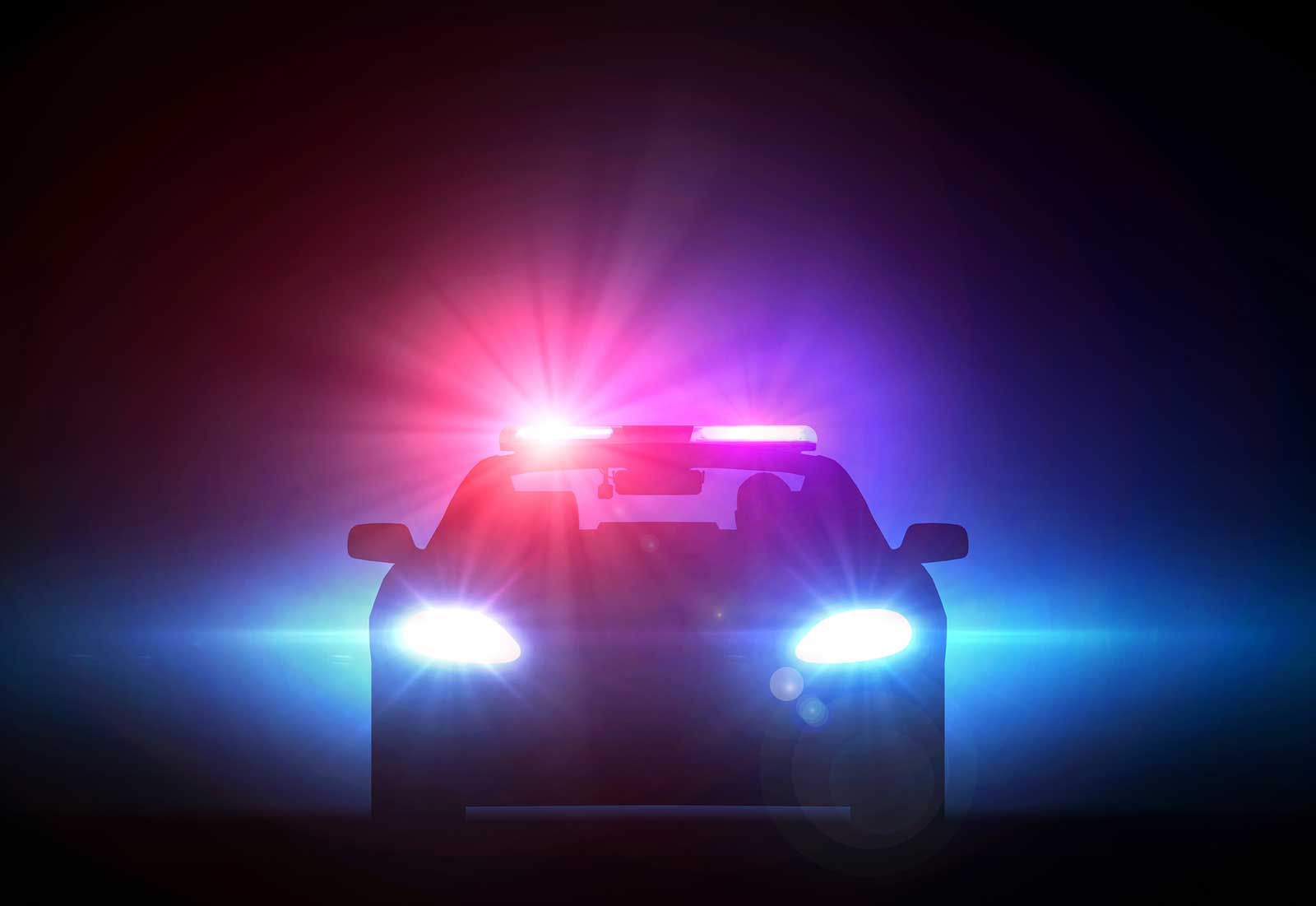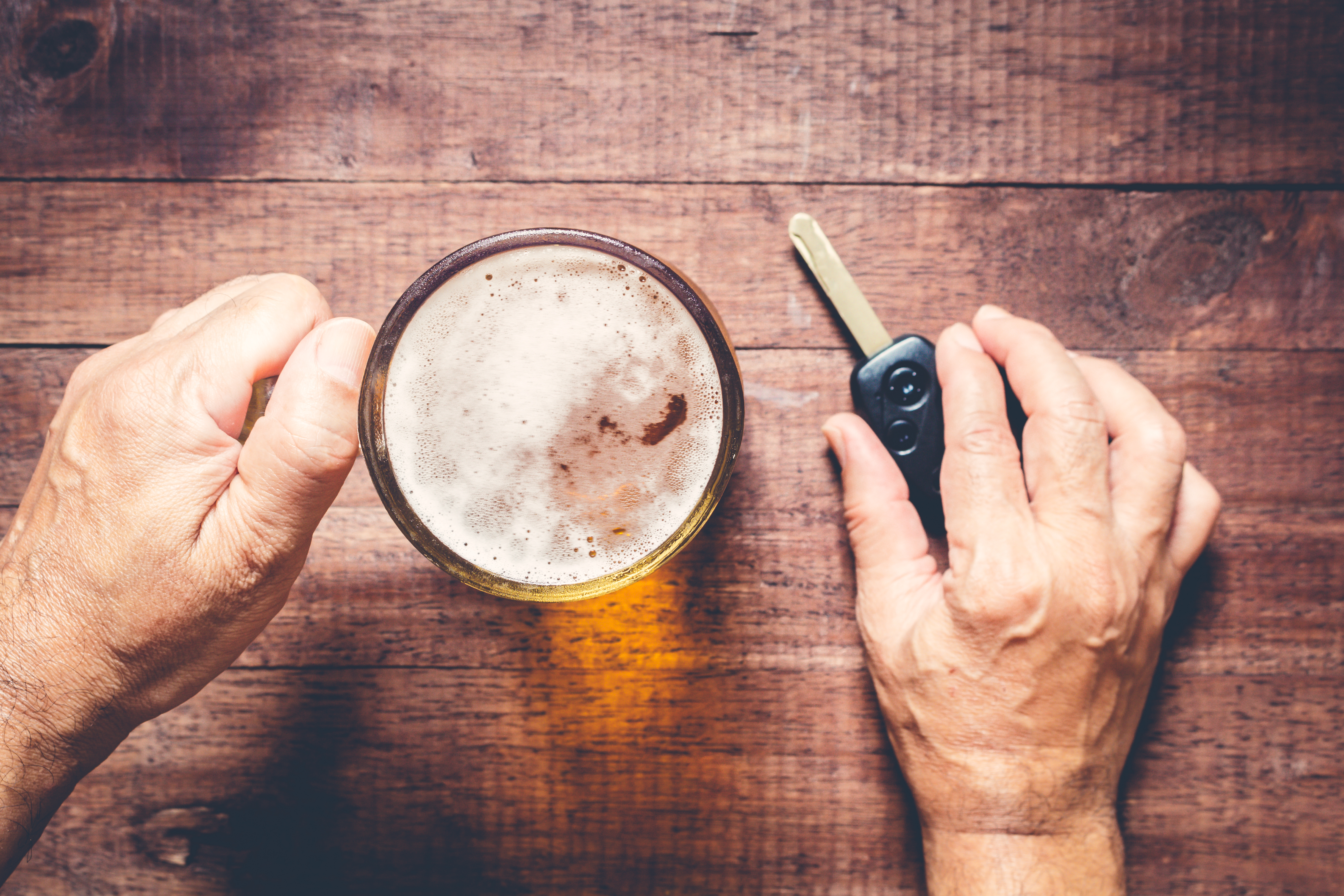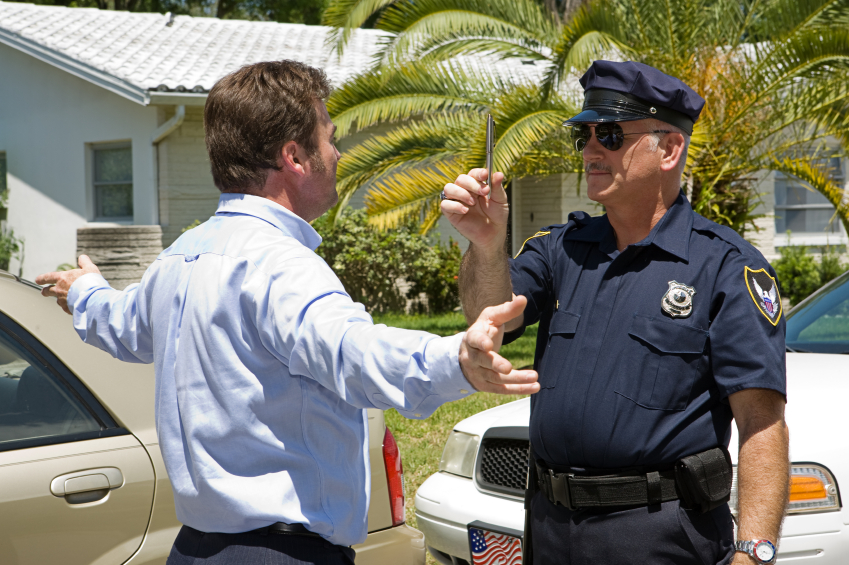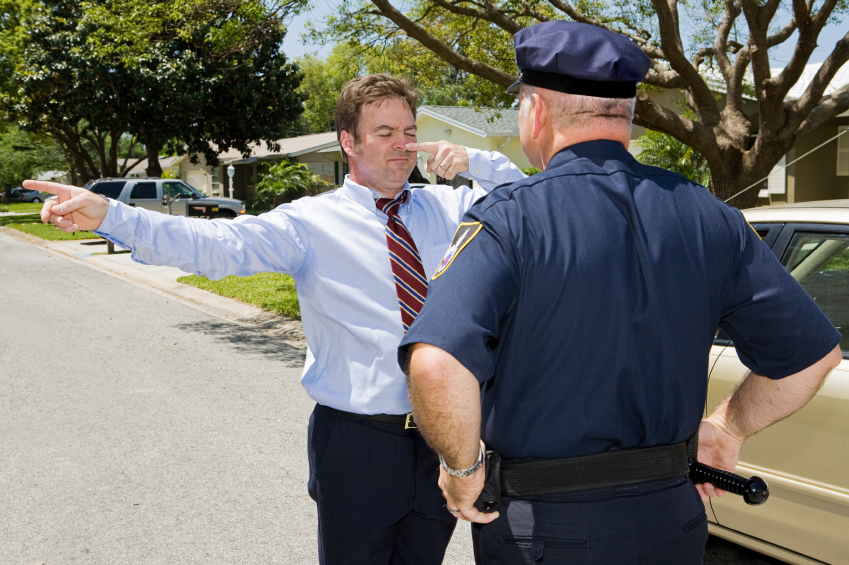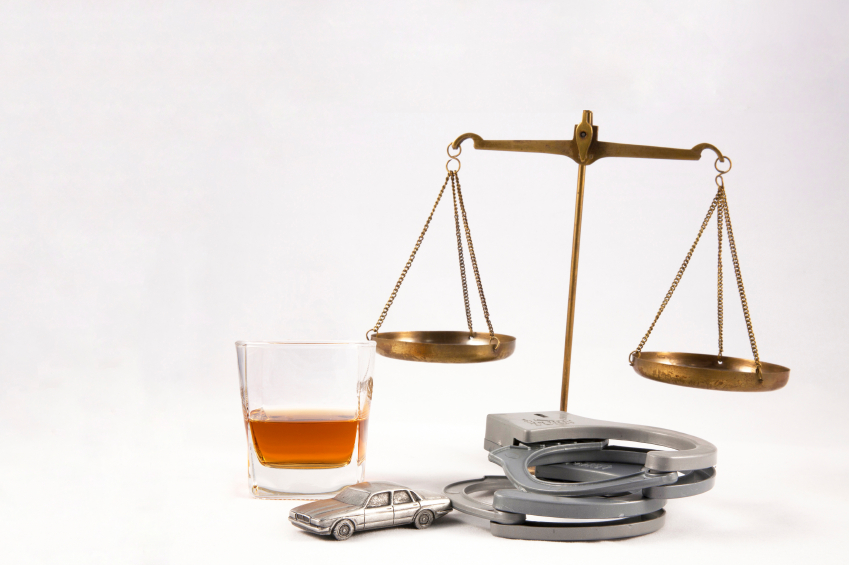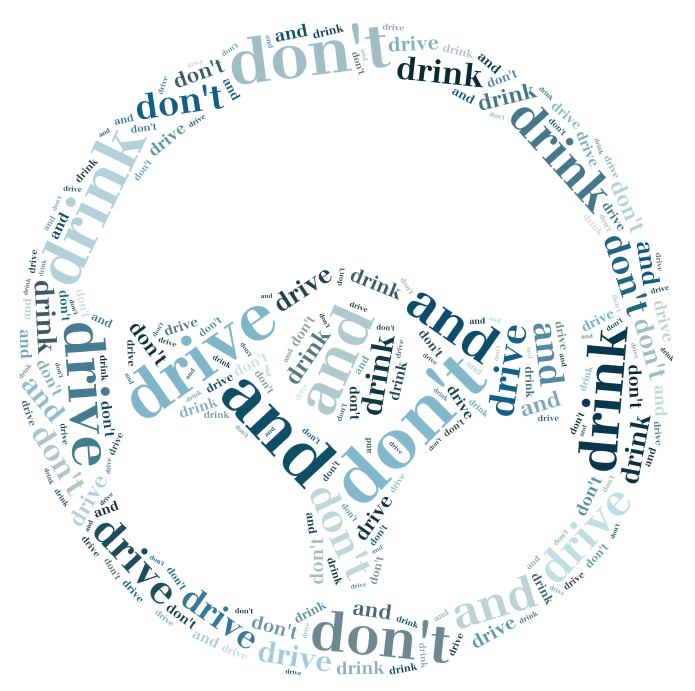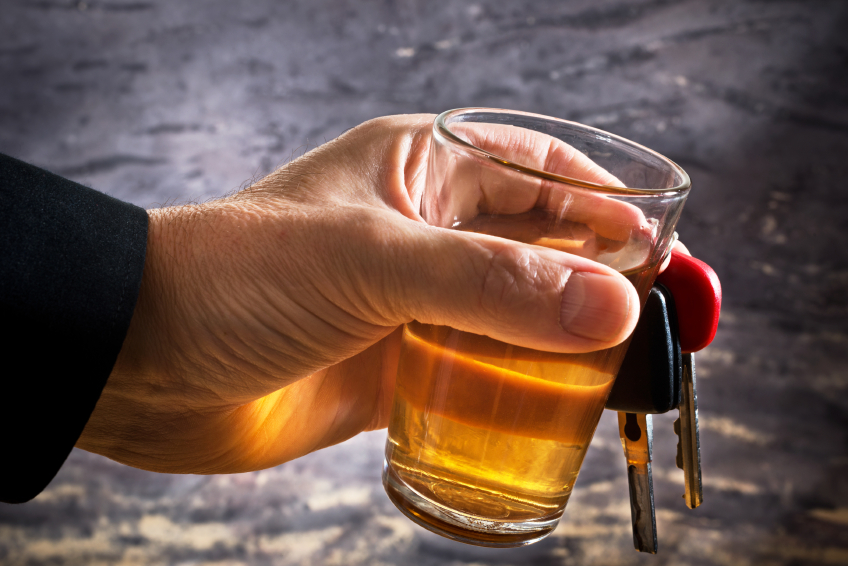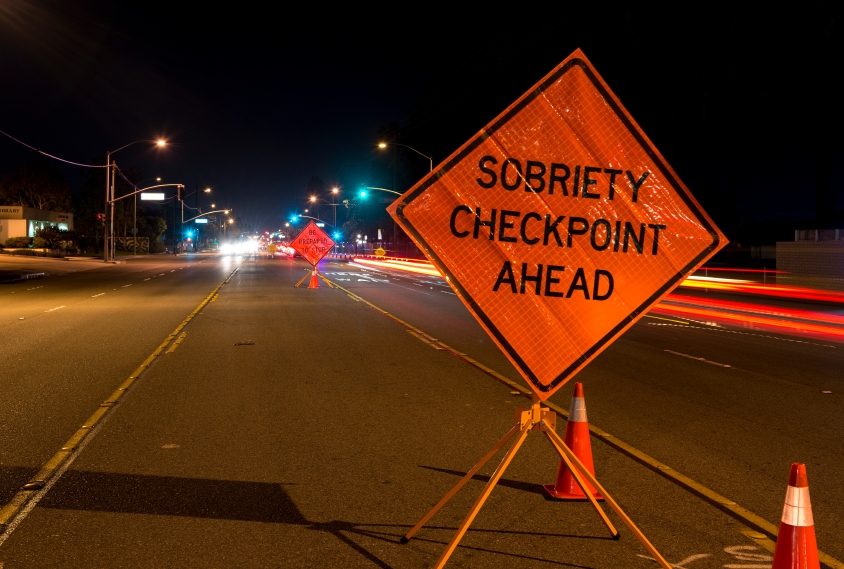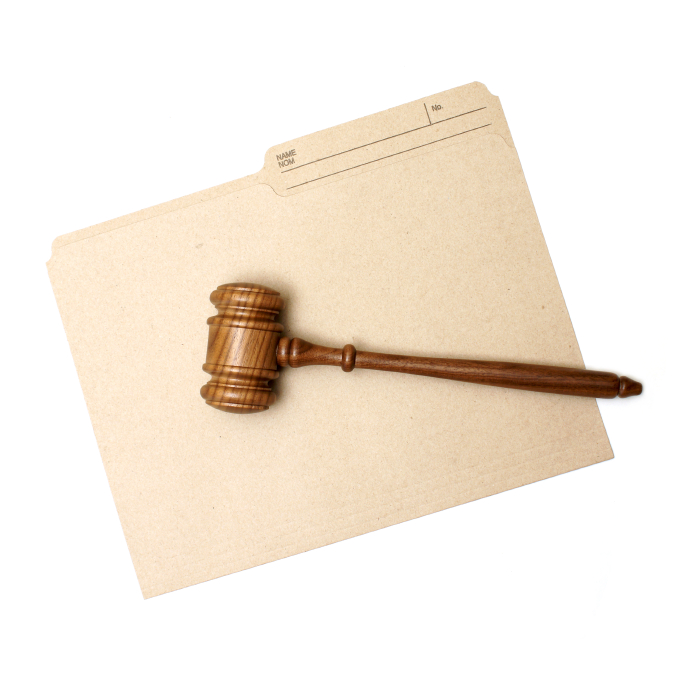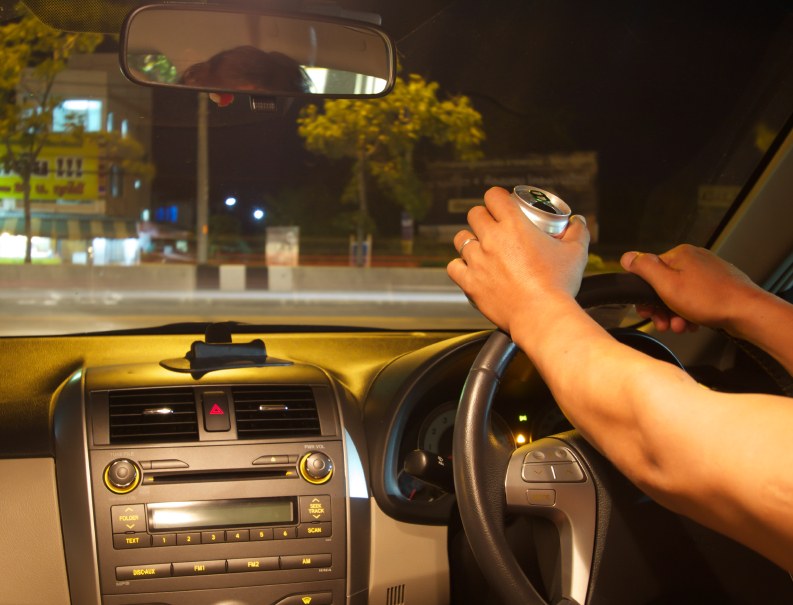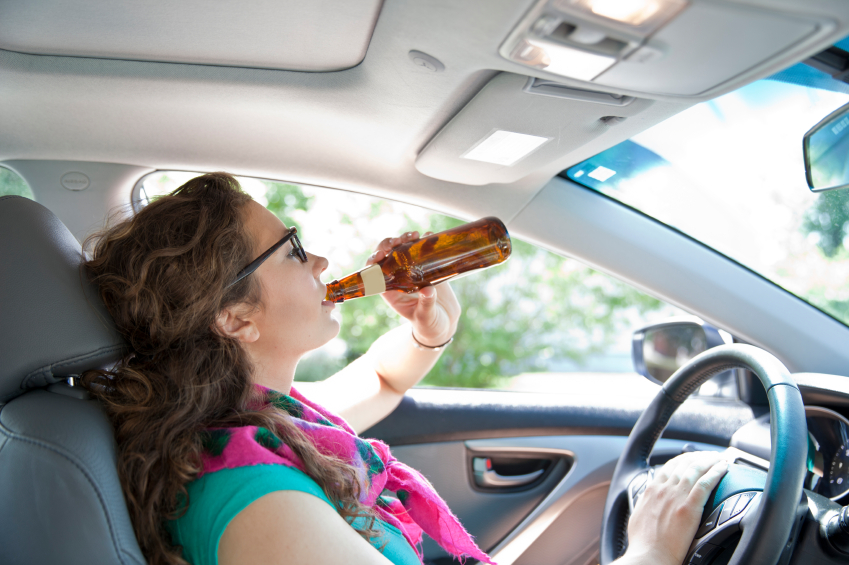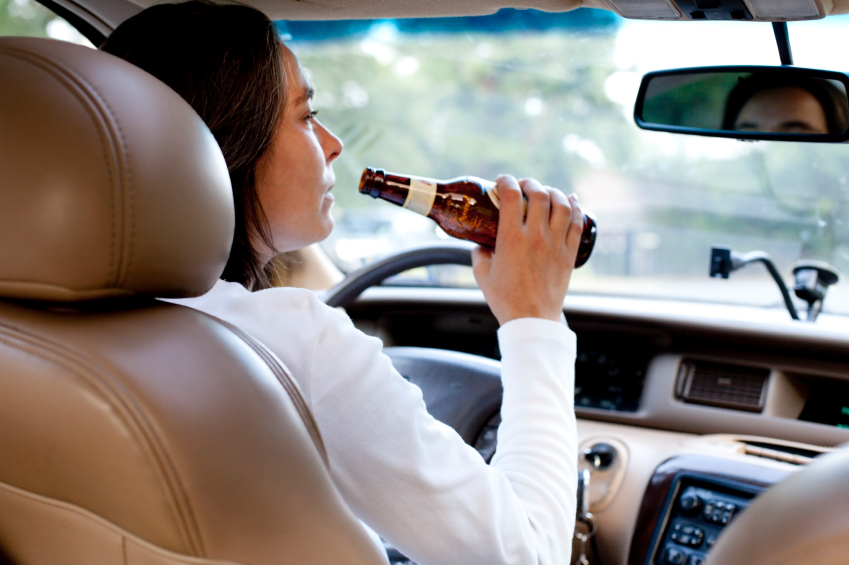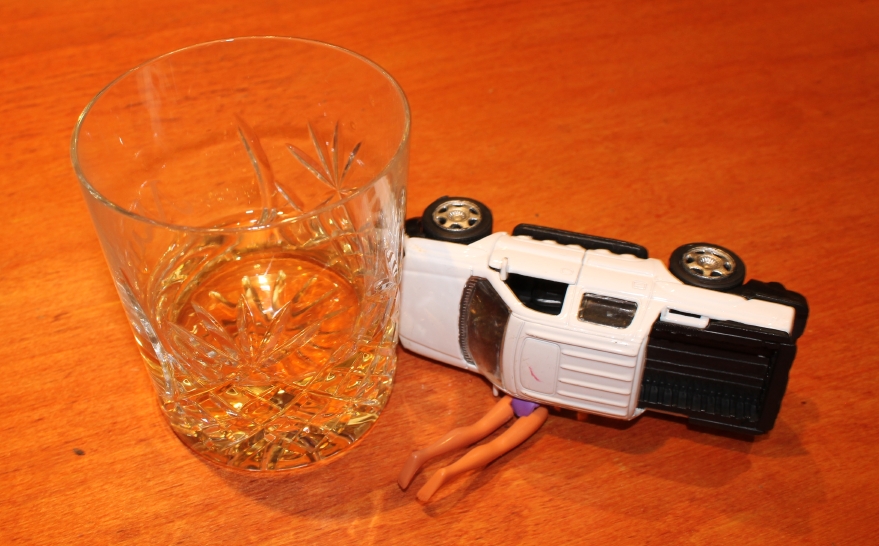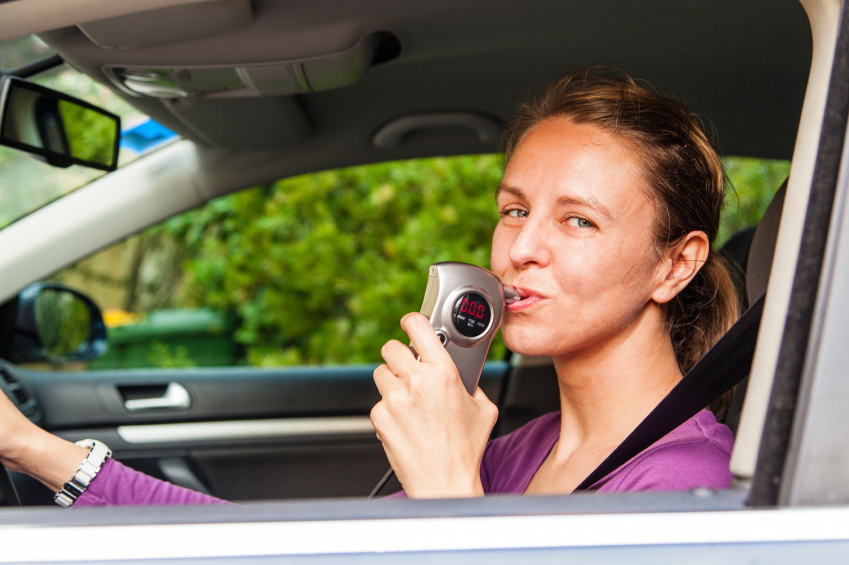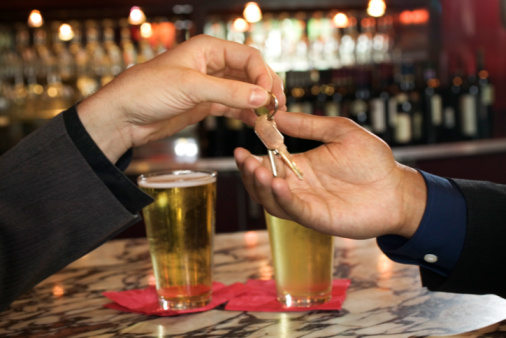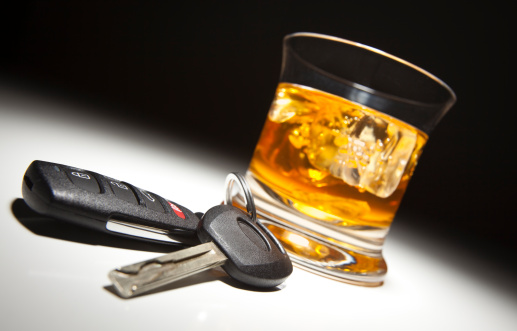
DWI and DUI in North Carolina: What’s the Difference?
You may or may not know the difference between a DWI and a DUI in North Carolina. Many of us know what the terms imply – “driving while impaired” and “driving under the influence” – but how are they different? And are the consequences the same across the state?
North Carolina is home to strict laws, as well as hefty fines and penalties, when it comes to DWI and DUI offenses. Drivers who choose to drive while intoxicated could face time in jail, loss of driver’s license, and community service hours to fulfill. Between 2003 and 2012, more than 4,000 people were killed on North Carolina roads as a result of individuals deciding to drink and drive.
DWI: Driving While Impaired
When an individual chooses to drive while under the influence of an “impairing substance”, he or she risks committing a DWI offense. Whether or not you are driving while impaired depends on the blood alcohol concentration, or BAC at the time of the incident. For adults 21 years of age and older, the BAC must be less than .08 percent while they are the driver of a vehicle in a public place.
An impairing substance may take a number of forms, including:
- Alcohol with a concentration of .08 percent or more
- Any amount of a Schedule 1 controlled substance such as heroin, codeine, and other hallucinogens
- A drug or substance which impairs mental or physical abilities
This does mean that certain drugs, even if prescribed by an individual’s doctor, may be defined as an “impairing substance” due to its effect on the body.
A DWI offense in North Carolina is considered a misdemeanor and will fall under one of five levels. Where your offense falls is decided by the court and is based on your driving record, past offenses, your BAC, and the details of your arrest. Although some states refer to DWI as “driving while intoxicated,” North Carolina uses different wording.
DUI: Driving Under the Influence
Driving under the influence may sound different, but in the state of North Carolina, it carries the same consequence as a DWI. According to NC G.S. 20-138.1, impaired driving (as described above) can be described as both a DWI and a DUI.
If you are stopped on suspicion of driving while impaired, it is because the officer has a reason to believe that you are under the influence of something that is hindering your ability to safely operate a motor vehicle. The officer may ask you to participate in a series of tests to gauge your response level, direct you to take a breath test, search your vehicle, and handcuff you. Refusing a test can face immediate license revocation or worse.
Partnering with Quality Legal Representation
If you have been charged with driving while impaired in North Carolina, you have certain legal rights which need to be protected. An experienced DWI attorney can will look at all of the facts and investigate all of the evidence in order to provide you with the best quality representation.
A trusted and reputable DWI attorney in North Carolina will do what he or she can to work towards a reduction in charges, punishments, and fines. If you or someone you care about is facing a DWI charge, contact our experienced legal team today; as DWI attorneys, we will evaluate your case and fight for your rights. We understand the laws related to driving and alcohol, and we will explain the process while building your case. Trust us to work for you.

